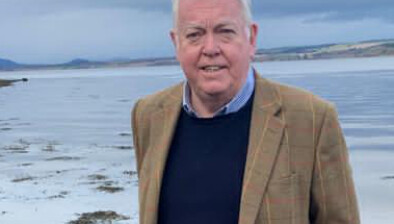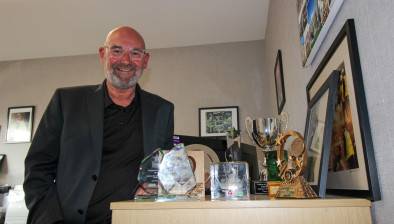Housing Champion: Tony Cain
Raising Cain about housing
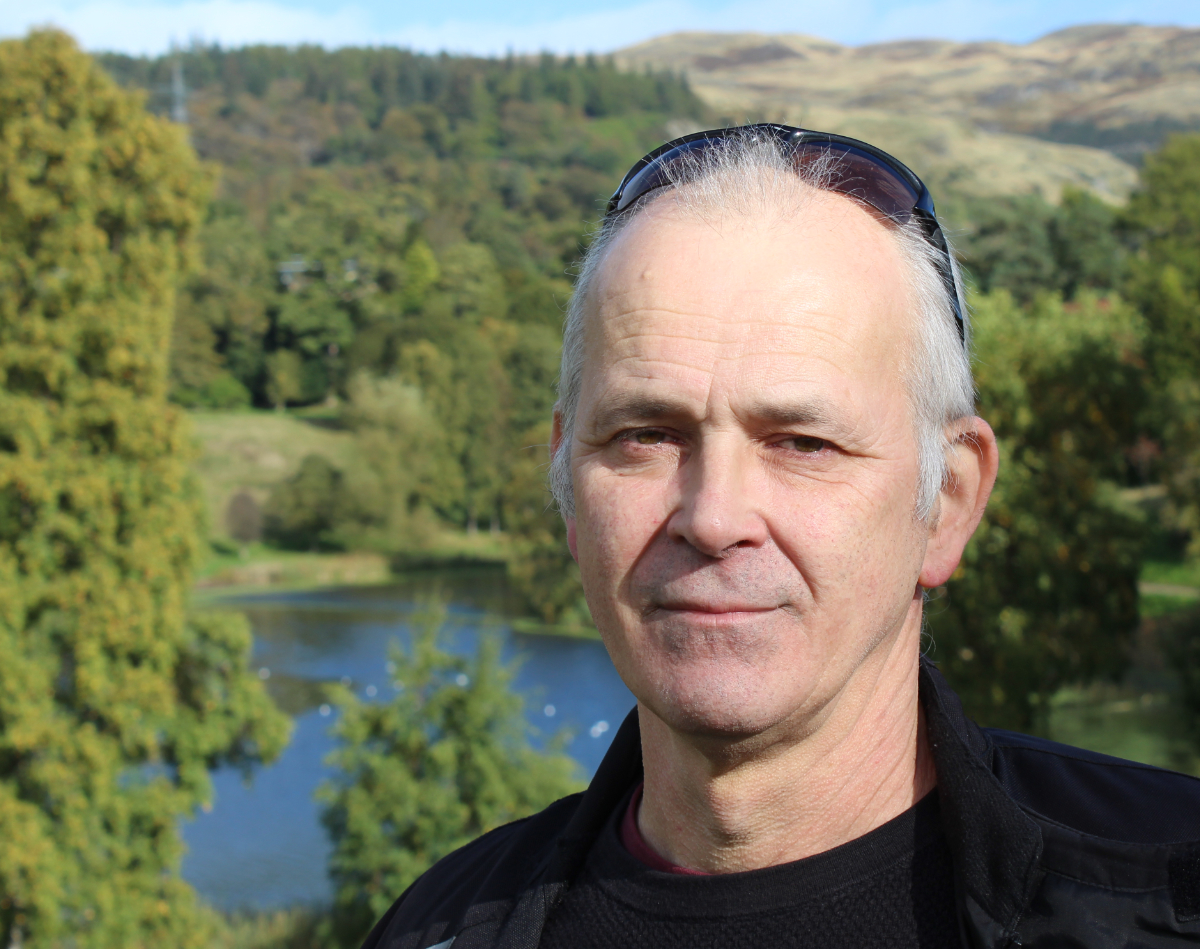
Tony Cain
In the second instalment of his Housing Champion interviews, Jimmy Black speaks to housing veteran Tony Cain.
You would think Tony Cain would understand how housing works. He’s been head of housing in a council, an inspection manager with Communities Scotland and a policy officer working in government and with Scotland’s chief housing officers.
He was a social housing tenant for 30 years, finally moving into owner occupation at the age of 51. Also, back in the 80s, he and his family were homeless.
But Tony says he is “privileged” to return, on secondment, to a hands-on role, working as acting senior housing manager at Clackmannanshire Council. After seven years in policy work at national level, he is reliving the experience of running a service, and it seems to be doing him good.
It’s at the service level that Tony can see how policy changes, which he and others helped to make, are implemented locally. Managing a service also gives him a clear view of what he sees as unwelcome Scottish Government initiatives, such as the current rent freeze and the evictions ban under their Protection of Tenants reforms.
Except that according to Tony, there is no rent freeze and no evictions ban. He thinks instead that the Scottish Government has created a new mechanism for raising social rents, taking power from tenants and landlords and cutting across landlords’ legal duties to consult tenants on rents. He questions the need for intervention, pointing to the recent Regulator’s report which says that social landlords raised their rents this year by just under 3% on average, well below the April inflation rate of 9%.
The “so-called ban on evictions” simply delays actions for repossession, and the Scottish Government has also taken power to set the figure (£2,250) at which repossession action can be triggered in social housing.
He said: “The government needs to understand how people on low and fixed incomes set their priorities. They will pay the urgent debts which carry risk, and build up big rent arrears because they think they are safe from eviction. But people will still lose their homes.”
Tony speaks from experience. As head of housing and customer service at Stirling Council, he had to sit silent when local councillors decided to stop evictions for rent arrears altogether. Acknowledging that the council had been evicting too many tenants, he fully understood why the councillors demanded change. But rent arrears rose rapidly and some tenants, thinking they were safe from eviction, built up many thousands of pounds of arrears and ultimately lost their homes anyway when the policy had to be scrapped.
In case anyone should misunderstand, it’s worth quoting his former colleague Martin Wilkie-MacFarlane who says Tony Cain “brought to life a project for Stirling Council to work with Shelter Scotland on a truly independent pre-eviction project which was hugely successful in bringing the council’s most hard to reach tenants to the table to talk to their landlord about arrears”.
“This project went on to work in close partnership with council staff and MacMillan Money Matters to deliver a wholly new and innovative, independent advice route for residents across Forth Valley,” Martin added.
So this is a man whose work has real and personal meaning to him.
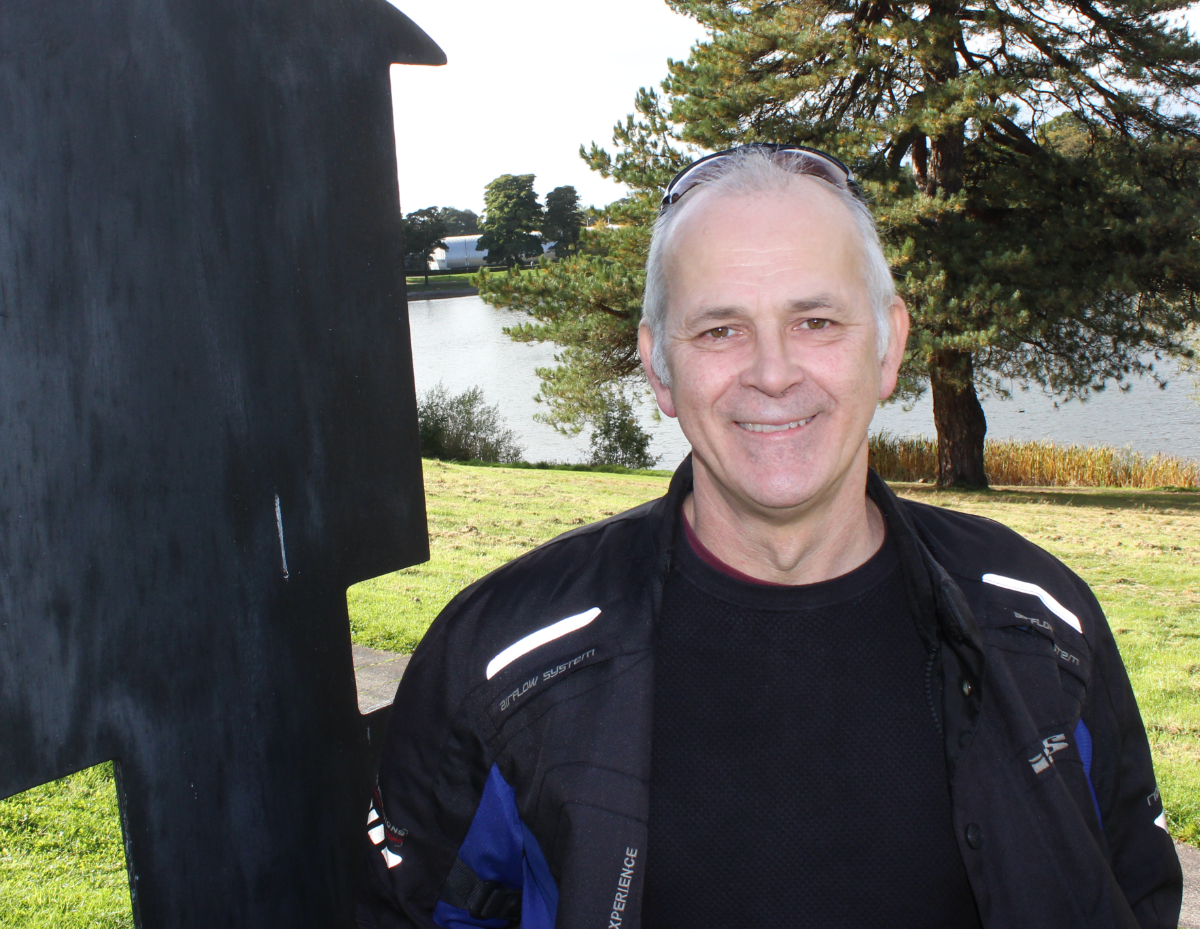
And here’s where we get to love. Love? Dig deep in Tony’s LinkedIn feed and you will find he “liked” a post about the scientific basis of love. His previous employer, ALACHO, recently reposted about an Orkney teacher who told the Scottish Parliament that we can achieve an inclusive Scotland through love, understanding and compassion. (ALACHO is the Association of Local Authority Chief Housing Officers, where Tony is policy manager when not on secondment).
I asked him, maybe a bit mischievously, if there’s a place for love in housing management. Tony’s involvement with the Scottish Commission for People with Learning Disabilities provided an answer. He said he had been listening to and learned a lot from Kate Sainsbury of the Appletree Community about how to provide care with love. The Appletree Community, near Perth, supports people with profound and multiple learning disabilities and autism.
Applying the same principle to housing, he says treating people in the way that you personally want to be treated is key. According to Tony: “Too many people seem prepared to accept for others housing conditions that they would never accept for themselves or their family.” But a more accurate insight into Tony’s approach involves the application of human rights.
He believes that housing is a human right, and is critical of those who see landlords’ rights to enjoyment of their property, owned for a commercial purpose, as equal or superior to tenants’ rights to have a home.
Back in the 1990s, he heard members of a community council quizzing the director of a registered social landlord about how he would “control” his tenants. It struck him that no-one asks developers how they plan to “control” the behaviour of owner-occupiers.
He said: “You can still be evicted for ‘associating with known criminals’ and for ‘immoral’ behaviour. We do not apply these standards to property owners. These provisions, writ large in the 18 eviction grounds in the 2016 act, are medieval, rooted in the language of vassals and superiors, tenants and their (land) lords.
“Many, perhaps most folk, would be outraged at the idea that a council could have powers to evict an owner who commits a crime, but are quite happy that a social or private tenant should be ejected for the same actions.”
That brings us back to the Scottish Government’s Protection of Tenants reforms and some surprising provisions which he says do not protect private tenants at all.
This is what he’s talking about. Schedule 2 of the Cost of Living (Tenant Protection) Bill fails to ban private landlords from evicting a tenant because they want to sell the property, or live in it, to ‘alleviate financial hardship’. Lenders who have taken possession of a property from a landlord can evict tenants, if they want to sell with vacant possession. “The new legislation allows landlords to transfer their risk and failure to tenants in just the same way as the 2016 act does.”
Of course, before anyone can be evicted, the First Tier Tribunal or courts must be convinced that the action is “reasonable”. Here’s where judgements have to be made about whose rights matter more and where a proper understanding of human rights can make a difference. “Writing these considerations into this legislation would have challenged the orthodoxy around landlord and tenant’s rights,” Tony added.
Tony is scathing about the rent cap in the private sector. “They’ve capped the wrong rents”, he says. “Private landlords tend not to increase rents during tenancies. They put rents up between tenancies, and the new Act does nothing to prevent this.” He also says that a cap for the whole country makes no sense, because rents vary hugely and in some areas private rents are lower than social rents.
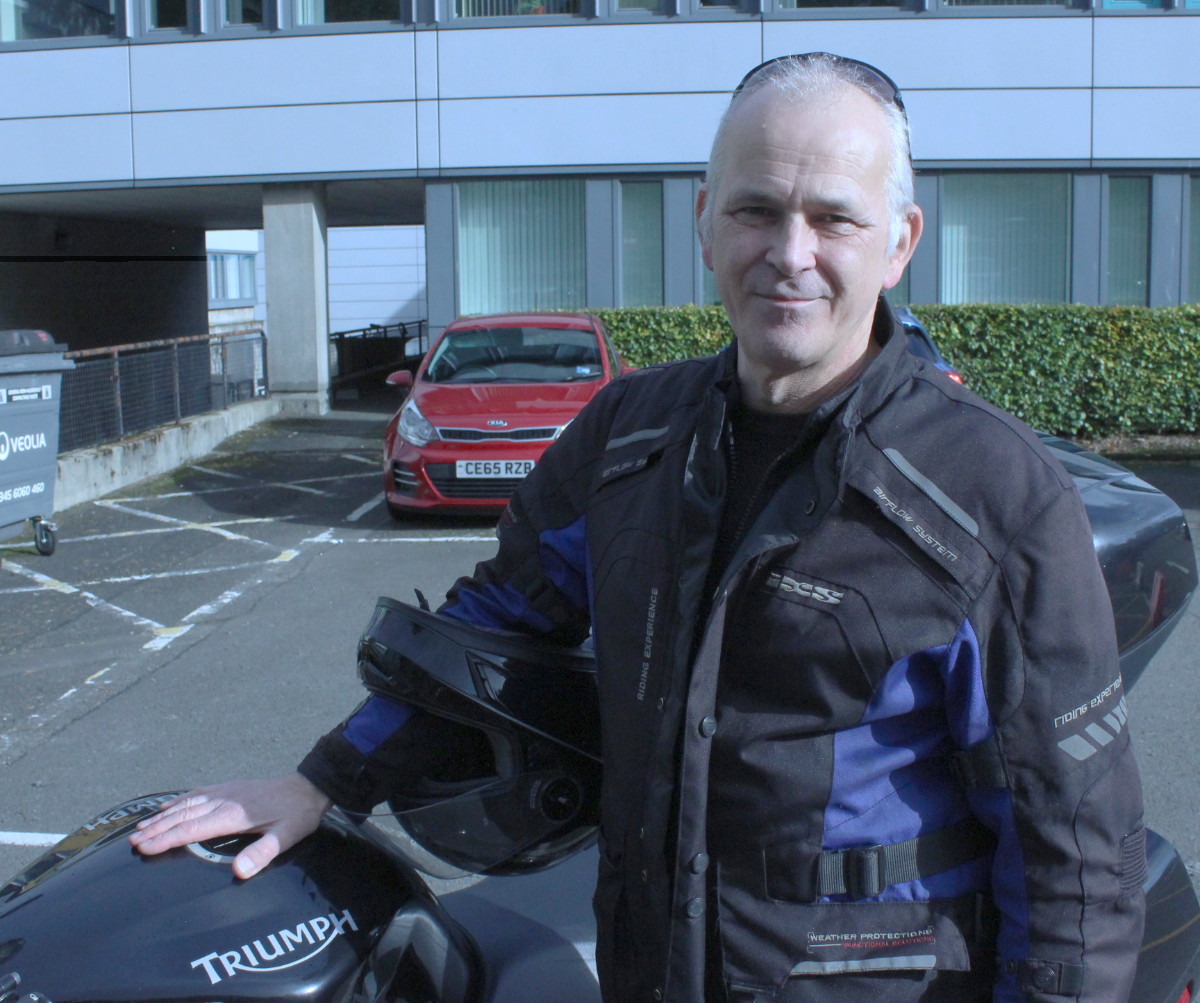
Government policymaking used to be informed by a national housing agency; over time the Housing Corporation morphed into Scottish Homes and then in 2001, Communities Scotland was created. The Scottish Government killed off Communities Scotland in 2008.
Tony regrets the absence of something similar now, a body of professional expertise, at arm’s length from government, which could gather data and provide evidence to support policymaking.
He maintains the “so-called rent freeze and evictions ban” might have been better targeted if there had been enough reliable data on which to base sound decisions.
I began to feel sorry for the Scottish Government and thought we should maybe move on to climate change and net zero. As it turned out, there was little comfort for Scottish Ministers there.
While Tony accepts the need for action, he thinks there is little chance at all of social housing reaching net zero any time soon without very substantial amounts of government cash, which he thinks is unlikely to materialise.
He said: “Social rented housing is already more energy efficient than other tenures with new builds achieving very high standards. Our contribution to emissions is already lower than other sectors. If the SG isn’t going to assist with the costs then to keep rents affordable we need the whole period from now to 2045 to make this change.
“We are being asked to lead on decarbonising homes before the technical solutions are all properly tested. We are being expected to carry the risk of innovation, when we already know that individual air source heat pumps aren’t suitable for tenements and other high density housing. Even in homes that are suitable, we’ve spent decades taking out hot water storage and putting in combi boilers. That made room for much needed extra storage. Putting heat storage back in will be very disruptive. We seem to be doing this “to” tenants rather than ‘with’ them.”
There are some useful clues to Tony’s character. He rides a motorbike, one that he happily admits is a better bike than he is a biker. But even after more than 40 years, he says it still puts a big daft grin on his face.
He’s been involved in several voluntary organisations, sometimes through his work but not exclusively. His commitment to equality and diversity means he supports the efforts of PATH Scotland, which encourages employers to address the under representation of black and ethnic minority people in housing.
He’s a big supporter of Shelter, perhaps because without their campaigns he might not have been rehoused in the 1980s, when the homelessness legislation was new and still fiercely resisted by some. In fact, as late as 2005, Tony was told by a chief executive that homeless people were liars, cheats and queue jumpers. That still makes him angry.
I didn’t ask Tony about what happens at the end of his secondment. I do know that he thinks councils, housing associations and tenants could make a better job of running social housing than governments, and should be trusted to get on with the job. Perhaps, back at ALACHO, he’ll find a way to make that happen.







